Tag Archives: revenue management examples
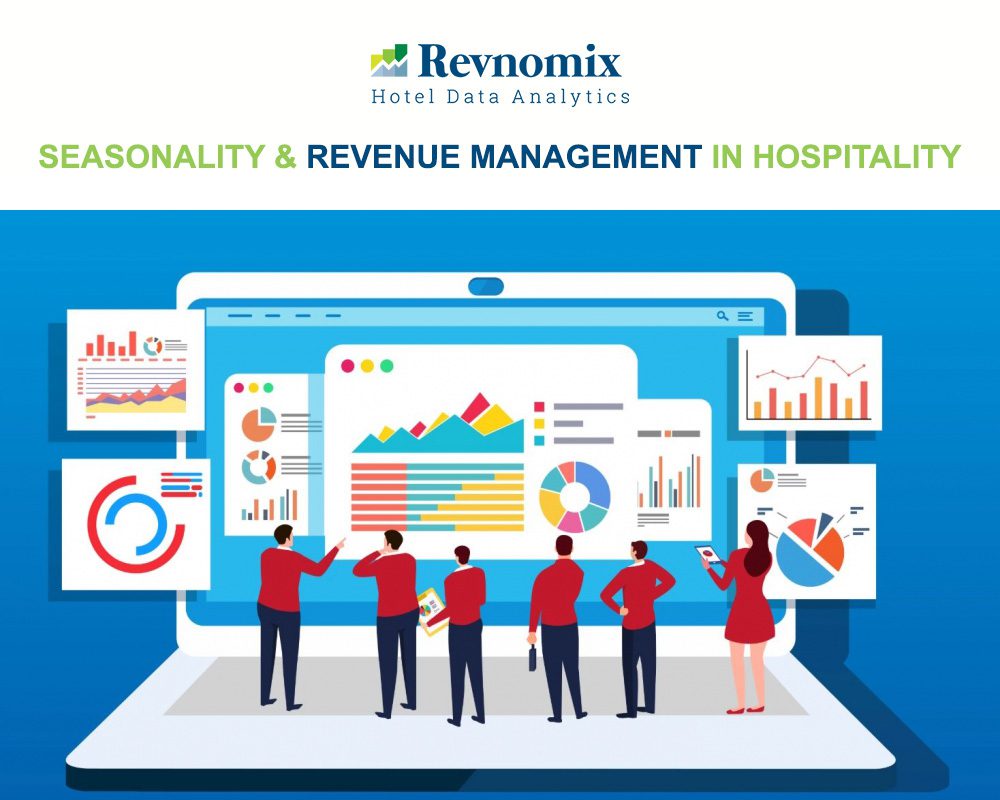
Seasonality and revenue management are critical aspects of the hospitality industry. These aspects shape the success and profits of hotels, resorts, and more. Knowing and managing seasonality involves identifying the patterns and changes in demand that occur across the year due to factors like holidays, weather, events, etc. Do you know what revenue management is? What is the goal of revenue management? Revenue management in hospitality, on the other hand, is the strategic optimization of revenue management pricing, inventory, and channels to maximize revenue during both peak and off-peak seasons.
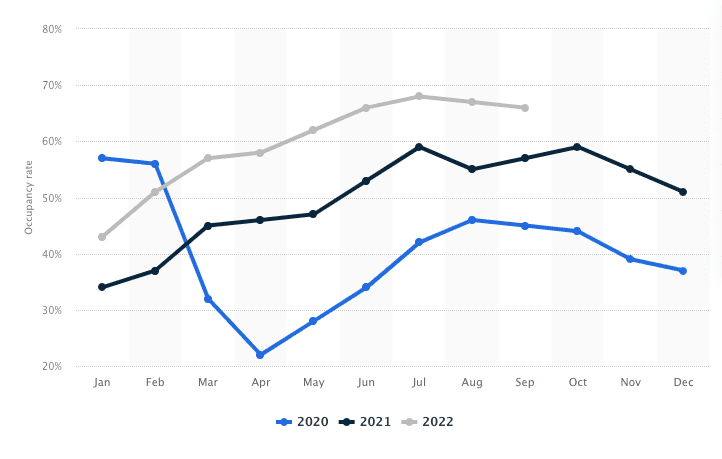
Monthly occupancy rate of hotels worldwide from 2020 to 2022.
Image credit – Statista
The global hotel occupancy rate was 66% in September 2022. This shows an increase in occupancy over the same month in the previous two years. The low occupancy rate during 2020 was due to the impact of COVID-19.
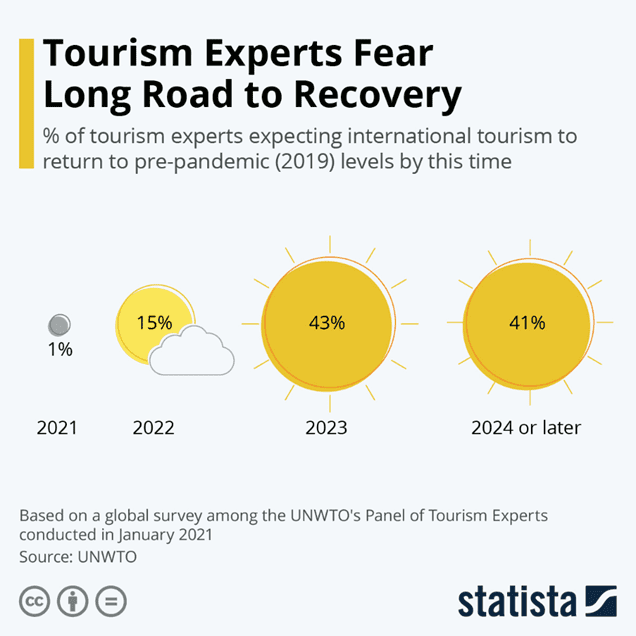






A long road to tourism industry recovery.
Image credit – World Economic Forum
Only 1% of tourism experts thought a recovery to pre-pandemic levels will happen in 2021. At the same time, 15% believed that the sector will recover in 2022. 43% sided with 2023. 41% felt 2024 or later is possible.
To tackle off-peak seasons, hotel owners like you need to know about seasonality. As a result, you can prevent erratic cash flow, wasteful use of people and resources, and more. In this guide, we will talk about the problems and solutions. We will also provide insights to help hotel owners thrive in this dynamic space, regardless of the time of year. Finding the best revenue management companies for hotels? Click below.
Discover the Best Hotel Management Company in India
Impact of Peak & Off-Peak Season on Revenue Management in Hospitality
We have already discussed the revenue management meaning. Now, there are two distinct seasons often faced by hotels:
1. Peak Season: High demand, better occupancy rates, and high average daily rates (ADR) are all features of peak seasons. These times tend to occur during peak travel times, holidays, festivals, or events.
2. Off-Peak Season: On the other hand, off-peak seasons have low demand, and occupancy rates. And even price cuts to draw visitors during slow times.
Learn About the Best Revenue Management Techniques Used by Our Team
Peak seasons bring with them new revenue. But off-peak seasons are identified by the difficulties they present to revenue management in hospitality.
1. Revenue in Peak Season
Hotels can increase their revenue during busy times by managing yield, pricing, and revenue management strategies. In order to take advantage of high demand, hotel owners can change room rates using historic data, market trends, and booking patterns. Also, by offering extra services and amenities, cross-selling and up-selling strategies can be used to increase revenue.
2. Strategies for Off-Peak Seasons
Hotels face issues during off-peak times since they often incur lower occupancy and low revenue. Smart tactics and revenue management tools can reduce the effect of off-peak times. This consists of
1. Adopting targeted marketing initiatives to draw certain travellers.
2. Presenting unique offers or packages.
3. Working with local brands or event planners.
4. Hosting conferences or events to increase interest during quiet seasons.
Are you unable to find the best revenue management solutions for hotels? How to increase hotel revenue? Click below.
Read About the Revenue Management Examples & Case Studies
10 Proven Ways to Mitigate the Impact of Seasonality on Revenue Management in Hospitality
Why is revenue management in the hospitality industry important? How does seasonality impact it? And how to mitigate that impact? Mitigating the impact of seasonality on revenue management in hospitality is crucial for profits. Here are 10 proven strategies to achieve this. But before that, are you searching for a top revenue management system? Click below.
Request a Demo for the Best Hotel Revenue Management Software
1. Dynamic Pricing for hotels: Implement dynamic pricing models with revenue management in hospitality that adjust room rates in real-time based on demand changes. Use historic data and demand forecast tools to set optimal prices. It ensures that you capture revenue during peak periods without pricing out potential guests during off-peak times. Dynamic pricing is mostly followed by all kinds of hotels.
2. Package Deals & Discounts: Create attractive packages and give special discounts that bundle hotel rooms with additional services or amenities. These packages can entice guests to stay during slow seasons by offering more value for their money. Finding a hotel revenue manager for hire? Read till the end to hire the best team.
3. Flexible Rate Structures: Offer a range of rate options like non-refundable rates for guests willing to commit early. And flexible rates for those who might need to change their plans. This flexibility can help boost occupancy during less popular times.
Explore Top Revenue Management Services to Boost Profits
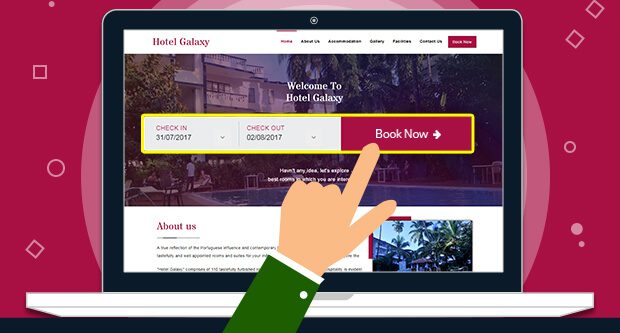






Direct bookings for hotels
Image credit – https://www.ezeeabsolute.com/
4. Direct Booking: Encourage direct bookings through your website or app by offering exclusive discounts or perks. Managed with the proper revenue management function, it reduces reliance on third-party booking platforms/OTAs and their high fees.
5. Targeted Marketing: Tailor your marketing efforts to specific market segments during different seasons. Create seasonal promotions and ads that resonate with the desires and needs of your target audience. There are many revenue management systems to help you with it.
6. Local Partnerships: Partner with local brands and events to cross-promote. It drives traffic to your property during local festivals, conferences, or special events. Finding the best revenue management software for hotels? Keep reading.
7. Forecast & Data Analytics: Use historic data, market research, and analytics tools to create accurate demand forecasts using revenue management in hospitality. It allows you to anticipate seasonal trends and adjust your revenue management strategy. Leverage data analytics and business intelligence along with a revenue management software to gain insights into booking patterns and market trends. Use this data to make informed decisions on pricing and distribution.
8. Manage your inventory: The revenue management process helps you manage your room inventory by setting restrictions and minimum-stay requirements during high-demand periods. It helps to maximize revenue.







Effective cross-selling and up-selling techniques.
Effective cross-selling and up-selling techniques. Image credit – https://wizzy.ai/
9. Up-selling and Cross-Selling: Train your staff to upsell and cross-sell services and amenities to guests. It increases their overall spend during their stay.
10. Invest in Off-Season Improvements: Use the off-season to renovate or upgrade your property. It ensures that it’s in top condition for the next peak season. And consider hosting special events or promotions to attract guests during slow times.
[Suggested Read: 8 Challenges for Implementing a Revenue Management Strategy]
Now that you know the importance of revenue management, read till the end for the best revenue management experts and revenue opportunities.
Wrapping Up: Boost Low Season Hotel Occupancy with Revenue Management in Hospitality
There are immense revenue management benefits for the hotel sector. You must also distinguish yourself from rivals while marketing to low season travellers. Similar to other sectors, revenue management in hospitality has its own strengths and weaknesses. So, start with the methods that are most relevant to your needs before moving on to the others. There’s no need to rush into putting the advice we’ve provided here into practice.
But, if used consistently, we’re confident that this will boost your traffic across the off-season and help your hotel in the long run. Lack the technical expertise? Looking for the best revenue management company in India? Revnomix offers simple revenue management solutions to hotels to process data, make informed decisions and grow profits. We use the latest tech and customer service for our clients. Our clients include Hilton, Ramada, Hyatt, and more. Revenue management consulting required? Contact us today!
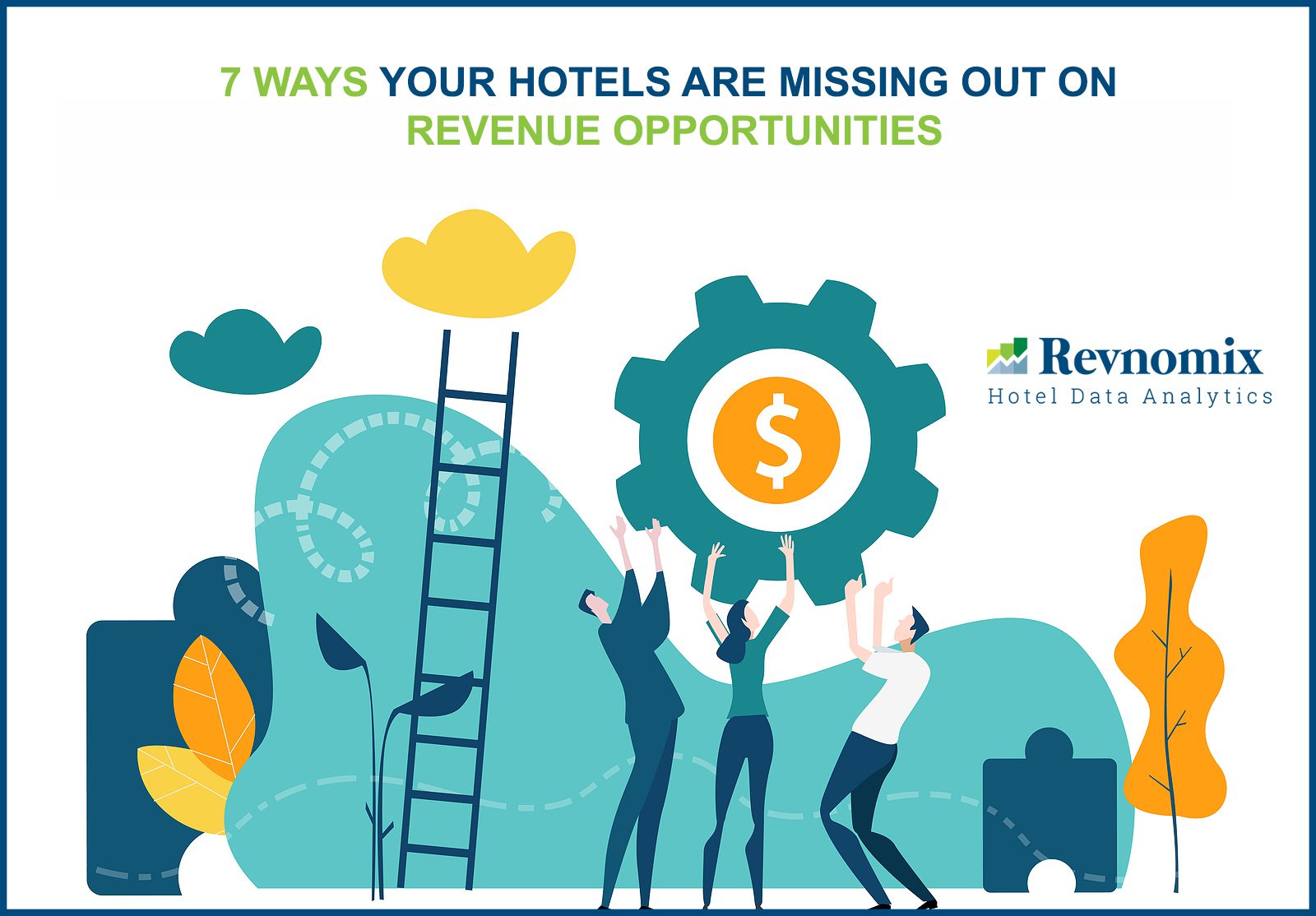

Seasonality and revenue management are critical aspects of the hospitality industry. These aspects shape the success and profits of hotels, resorts, and more. Knowing and managing seasonality involves identifying the patterns and changes in demand that occur across the year due to factors like holidays, weather, events, etc. Do you know what revenue management is? What is the goal of revenue management? Revenue management in hospitality, on the other hand, is the strategic optimization of revenue management pricing, inventory, and channels to maximize revenue during both peak and off-peak seasons.







Monthly occupancy rate of hotels worldwide from 2020 to 2022.
Image credit – Statista
The global hotel occupancy rate was 66% in September 2022. This shows an increase in occupancy over the same month in the previous two years. The low occupancy rate during 2020 was due to the impact of COVID-19.







A long road to tourism industry recovery.
Image credit – World Economic Forum
Only 1% of tourism experts thought a recovery to pre-pandemic levels will happen in 2021. At the same time, 15% believed that the sector will recover in 2022. 43% sided with 2023. 41% felt 2024 or later is possible.
To tackle off-peak seasons, hotel owners like you need to know about seasonality. As a result, you can prevent erratic cash flow, wasteful use of people and resources, and more. In this guide, we will talk about the problems and solutions. We will also provide insights to help hotel owners thrive in this dynamic space, regardless of the time of year. Finding the best revenue management companies for hotels? Click below.
Discover the Best Hotel Management Company in India
Impact of Peak & Off-Peak Season on Revenue Management in Hospitality
We have already discussed the revenue management meaning. Now, there are two distinct seasons often faced by hotels:
1. Peak Season: High demand, better occupancy rates, and high average daily rates (ADR) are all features of peak seasons. These times tend to occur during peak travel times, holidays, festivals, or events.
2. Off-Peak Season: On the other hand, off-peak seasons have low demand, and occupancy rates. And even price cuts to draw visitors during slow times.
Learn About the Best Revenue Management Techniques Used by Our Team
Peak seasons bring with them new revenue. But off-peak seasons are identified by the difficulties they present to revenue management in hospitality.
1. Revenue in Peak Season
Hotels can increase their revenue during busy times by managing yield, pricing, and revenue management strategies. In order to take advantage of high demand, hotel owners can change room rates using historic data, market trends, and booking patterns. Also, by offering extra services and amenities, cross-selling and up-selling strategies can be used to increase revenue.
2. Strategies for Off-Peak Seasons
Hotels face issues during off-peak times since they often incur lower occupancy and low revenue. Smart tactics and revenue management tools can reduce the effect of off-peak times. This consists of
1. Adopting targeted marketing initiatives to draw certain travellers.
2. Presenting unique offers or packages.
3. Working with local brands or event planners.
4. Hosting conferences or events to increase interest during quiet seasons.
Are you unable to find the best revenue management solutions for hotels? How to increase hotel revenue? Click below.
Read About the Revenue Management Examples & Case Studies
10 Proven Ways to Mitigate the Impact of Seasonality on Revenue Management in Hospitality
Why is revenue management in the hospitality industry important? How does seasonality impact it? And how to mitigate that impact? Mitigating the impact of seasonality on revenue management in hospitality is crucial for profits. Here are 10 proven strategies to achieve this. But before that, are you searching for a top revenue management system? Click below.
Request a Demo for the Best Hotel Revenue Management Software
1. Dynamic Pricing for hotels: Implement dynamic pricing models with revenue management in hospitality that adjust room rates in real-time based on demand changes. Use historic data and demand forecast tools to set optimal prices. It ensures that you capture revenue during peak periods without pricing out potential guests during off-peak times. Dynamic pricing is mostly followed by all kinds of hotels.
2. Package Deals & Discounts: Create attractive packages and give special discounts that bundle hotel rooms with additional services or amenities. These packages can entice guests to stay during slow seasons by offering more value for their money. Finding a hotel revenue manager for hire? Read till the end to hire the best team.
3. Flexible Rate Structures: Offer a range of rate options like non-refundable rates for guests willing to commit early. And flexible rates for those who might need to change their plans. This flexibility can help boost occupancy during less popular times.
Explore Top Revenue Management Services to Boost Profits







Direct bookings for hotels
Image credit – https://www.ezeeabsolute.com/
4. Direct Booking: Encourage direct bookings through your website or app by offering exclusive discounts or perks. Managed with the proper revenue management function, it reduces reliance on third-party booking platforms/OTAs and their high fees.
5. Targeted Marketing: Tailor your marketing efforts to specific market segments during different seasons. Create seasonal promotions and ads that resonate with the desires and needs of your target audience. There are many revenue management systems to help you with it.
6. Local Partnerships: Partner with local brands and events to cross-promote. It drives traffic to your property during local festivals, conferences, or special events. Finding the best revenue management software for hotels? Keep reading.
7. Forecast & Data Analytics: Use historic data, market research, and analytics tools to create accurate demand forecasts using revenue management in hospitality. It allows you to anticipate seasonal trends and adjust your revenue management strategy. Leverage data analytics and business intelligence along with a revenue management software to gain insights into booking patterns and market trends. Use this data to make informed decisions on pricing and distribution.
8. Manage your inventory: The revenue management process helps you manage your room inventory by setting restrictions and minimum-stay requirements during high-demand periods. It helps to maximize revenue.







Effective cross-selling and up-selling techniques.
Effective cross-selling and up-selling techniques. Image credit – https://wizzy.ai/
9. Up-selling and Cross-Selling: Train your staff to upsell and cross-sell services and amenities to guests. It increases their overall spend during their stay.
10. Invest in Off-Season Improvements: Use the off-season to renovate or upgrade your property. It ensures that it’s in top condition for the next peak season. And consider hosting special events or promotions to attract guests during slow times.
[Suggested Read: 8 Challenges for Implementing a Revenue Management Strategy]
Now that you know the importance of revenue management, read till the end for the best revenue management experts and revenue opportunities.
Wrapping Up: Boost Low Season Hotel Occupancy with Revenue Management in Hospitality
There are immense revenue management benefits for the hotel sector. You must also distinguish yourself from rivals while marketing to low season travellers. Similar to other sectors, revenue management in hospitality has its own strengths and weaknesses. So, start with the methods that are most relevant to your needs before moving on to the others. There’s no need to rush into putting the advice we’ve provided here into practice.
But, if used consistently, we’re confident that this will boost your traffic across the off-season and help your hotel in the long run. Lack the technical expertise? Looking for the best revenue management company in India? Revnomix offers simple revenue management solutions to hotels to process data, make informed decisions and grow profits. We use the latest tech and customer service for our clients. Our clients include Hilton, Ramada, Hyatt, and more. Revenue management consulting required? Contact us today!
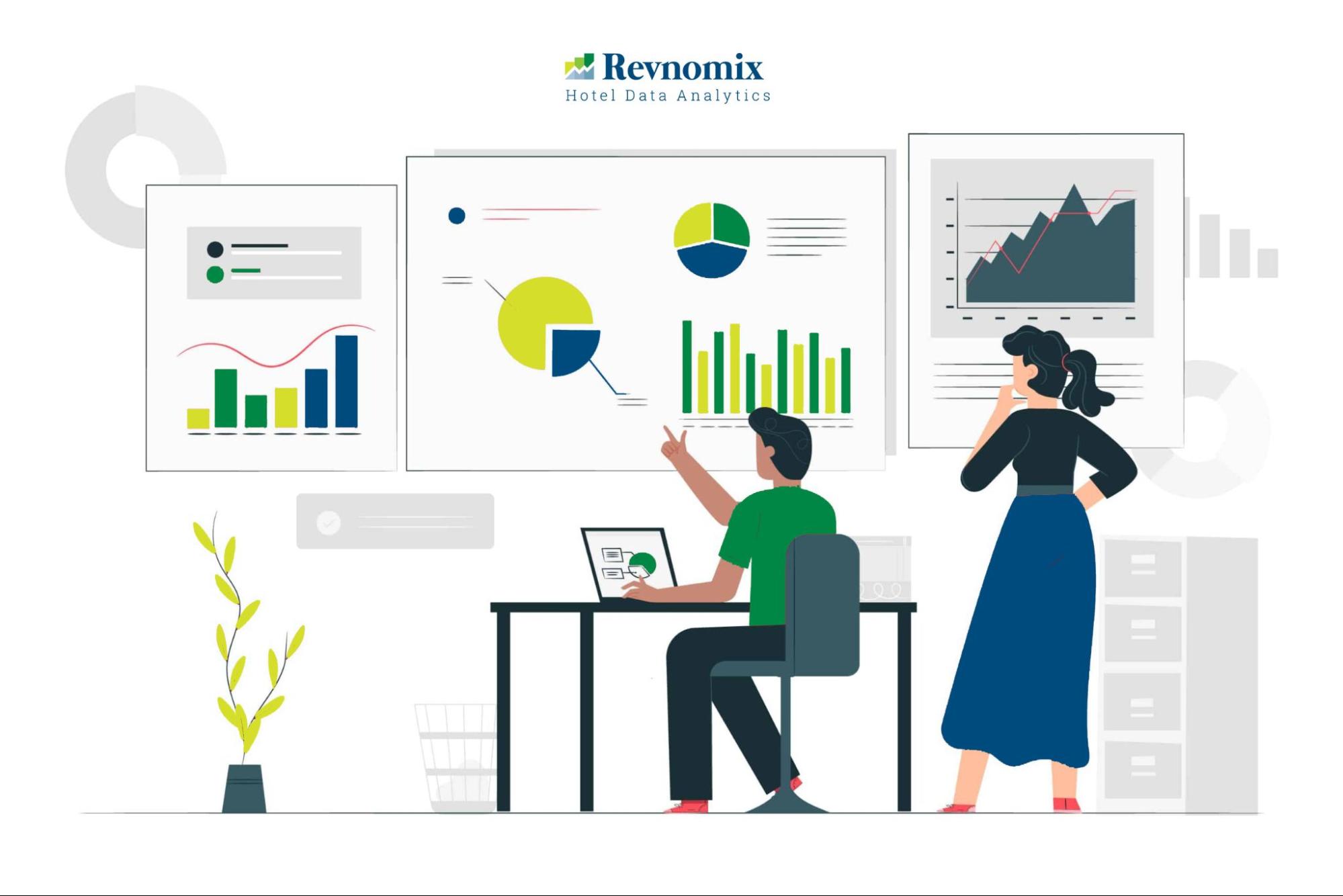

Seasonality and revenue management are critical aspects of the hospitality industry. These aspects shape the success and profits of hotels, resorts, and more. Knowing and managing seasonality involves identifying the patterns and changes in demand that occur across the year due to factors like holidays, weather, events, etc. Do you know what revenue management is? What is the goal of revenue management? Revenue management in hospitality, on the other hand, is the strategic optimization of revenue management pricing, inventory, and channels to maximize revenue during both peak and off-peak seasons.







Monthly occupancy rate of hotels worldwide from 2020 to 2022.
Image credit – Statista
The global hotel occupancy rate was 66% in September 2022. This shows an increase in occupancy over the same month in the previous two years. The low occupancy rate during 2020 was due to the impact of COVID-19.







A long road to tourism industry recovery.
Image credit – World Economic Forum
Only 1% of tourism experts thought a recovery to pre-pandemic levels will happen in 2021. At the same time, 15% believed that the sector will recover in 2022. 43% sided with 2023. 41% felt 2024 or later is possible.
To tackle off-peak seasons, hotel owners like you need to know about seasonality. As a result, you can prevent erratic cash flow, wasteful use of people and resources, and more. In this guide, we will talk about the problems and solutions. We will also provide insights to help hotel owners thrive in this dynamic space, regardless of the time of year. Finding the best revenue management companies for hotels? Click below.
Discover the Best Hotel Management Company in India
Impact of Peak & Off-Peak Season on Revenue Management in Hospitality
We have already discussed the revenue management meaning. Now, there are two distinct seasons often faced by hotels:
1. Peak Season: High demand, better occupancy rates, and high average daily rates (ADR) are all features of peak seasons. These times tend to occur during peak travel times, holidays, festivals, or events.
2. Off-Peak Season: On the other hand, off-peak seasons have low demand, and occupancy rates. And even price cuts to draw visitors during slow times.
Learn About the Best Revenue Management Techniques Used by Our Team
Peak seasons bring with them new revenue. But off-peak seasons are identified by the difficulties they present to revenue management in hospitality.
1. Revenue in Peak Season
Hotels can increase their revenue during busy times by managing yield, pricing, and revenue management strategies. In order to take advantage of high demand, hotel owners can change room rates using historic data, market trends, and booking patterns. Also, by offering extra services and amenities, cross-selling and up-selling strategies can be used to increase revenue.
2. Strategies for Off-Peak Seasons
Hotels face issues during off-peak times since they often incur lower occupancy and low revenue. Smart tactics and revenue management tools can reduce the effect of off-peak times. This consists of
1. Adopting targeted marketing initiatives to draw certain travellers.
2. Presenting unique offers or packages.
3. Working with local brands or event planners.
4. Hosting conferences or events to increase interest during quiet seasons.
Are you unable to find the best revenue management solutions for hotels? How to increase hotel revenue? Click below.
Read About the Revenue Management Examples & Case Studies
10 Proven Ways to Mitigate the Impact of Seasonality on Revenue Management in Hospitality
Why is revenue management in the hospitality industry important? How does seasonality impact it? And how to mitigate that impact? Mitigating the impact of seasonality on revenue management in hospitality is crucial for profits. Here are 10 proven strategies to achieve this. But before that, are you searching for a top revenue management system? Click below.
Request a Demo for the Best Hotel Revenue Management Software
1. Dynamic Pricing for hotels: Implement dynamic pricing models with revenue management in hospitality that adjust room rates in real-time based on demand changes. Use historic data and demand forecast tools to set optimal prices. It ensures that you capture revenue during peak periods without pricing out potential guests during off-peak times. Dynamic pricing is mostly followed by all kinds of hotels.
2. Package Deals & Discounts: Create attractive packages and give special discounts that bundle hotel rooms with additional services or amenities. These packages can entice guests to stay during slow seasons by offering more value for their money. Finding a hotel revenue manager for hire? Read till the end to hire the best team.
3. Flexible Rate Structures: Offer a range of rate options like non-refundable rates for guests willing to commit early. And flexible rates for those who might need to change their plans. This flexibility can help boost occupancy during less popular times.
Explore Top Revenue Management Services to Boost Profits







Direct bookings for hotels
Image credit – https://www.ezeeabsolute.com/
4. Direct Booking: Encourage direct bookings through your website or app by offering exclusive discounts or perks. Managed with the proper revenue management function, it reduces reliance on third-party booking platforms/OTAs and their high fees.
5. Targeted Marketing: Tailor your marketing efforts to specific market segments during different seasons. Create seasonal promotions and ads that resonate with the desires and needs of your target audience. There are many revenue management systems to help you with it.
6. Local Partnerships: Partner with local brands and events to cross-promote. It drives traffic to your property during local festivals, conferences, or special events. Finding the best revenue management software for hotels? Keep reading.
7. Forecast & Data Analytics: Use historic data, market research, and analytics tools to create accurate demand forecasts using revenue management in hospitality. It allows you to anticipate seasonal trends and adjust your revenue management strategy. Leverage data analytics and business intelligence along with a revenue management software to gain insights into booking patterns and market trends. Use this data to make informed decisions on pricing and distribution.
8. Manage your inventory: The revenue management process helps you manage your room inventory by setting restrictions and minimum-stay requirements during high-demand periods. It helps to maximize revenue.







Effective cross-selling and up-selling techniques.
Effective cross-selling and up-selling techniques. Image credit – https://wizzy.ai/
9. Up-selling and Cross-Selling: Train your staff to upsell and cross-sell services and amenities to guests. It increases their overall spend during their stay.
10. Invest in Off-Season Improvements: Use the off-season to renovate or upgrade your property. It ensures that it’s in top condition for the next peak season. And consider hosting special events or promotions to attract guests during slow times.
[Suggested Read: 8 Challenges for Implementing a Revenue Management Strategy]
Now that you know the importance of revenue management, read till the end for the best revenue management experts and revenue opportunities.
Wrapping Up: Boost Low Season Hotel Occupancy with Revenue Management in Hospitality
There are immense revenue management benefits for the hotel sector. You must also distinguish yourself from rivals while marketing to low season travellers. Similar to other sectors, revenue management in hospitality has its own strengths and weaknesses. So, start with the methods that are most relevant to your needs before moving on to the others. There’s no need to rush into putting the advice we’ve provided here into practice.
But, if used consistently, we’re confident that this will boost your traffic across the off-season and help your hotel in the long run. Lack the technical expertise? Looking for the best revenue management company in India? Revnomix offers simple revenue management solutions to hotels to process data, make informed decisions and grow profits. We use the latest tech and customer service for our clients. Our clients include Hilton, Ramada, Hyatt, and more. Revenue management consulting required? Contact us today!
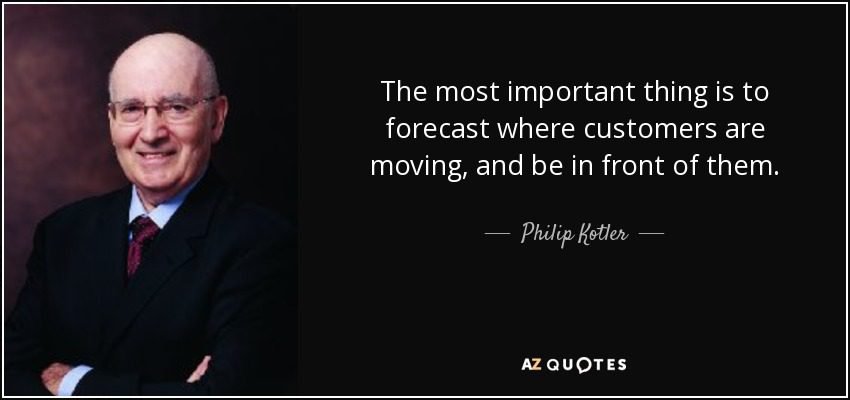

Seasonality and revenue management are critical aspects of the hospitality industry. These aspects shape the success and profits of hotels, resorts, and more. Knowing and managing seasonality involves identifying the patterns and changes in demand that occur across the year due to factors like holidays, weather, events, etc. Do you know what revenue management is? What is the goal of revenue management? Revenue management in hospitality, on the other hand, is the strategic optimization of revenue management pricing, inventory, and channels to maximize revenue during both peak and off-peak seasons.







Monthly occupancy rate of hotels worldwide from 2020 to 2022.
Image credit – Statista
The global hotel occupancy rate was 66% in September 2022. This shows an increase in occupancy over the same month in the previous two years. The low occupancy rate during 2020 was due to the impact of COVID-19.







A long road to tourism industry recovery.
Image credit – World Economic Forum
Only 1% of tourism experts thought a recovery to pre-pandemic levels will happen in 2021. At the same time, 15% believed that the sector will recover in 2022. 43% sided with 2023. 41% felt 2024 or later is possible.
To tackle off-peak seasons, hotel owners like you need to know about seasonality. As a result, you can prevent erratic cash flow, wasteful use of people and resources, and more. In this guide, we will talk about the problems and solutions. We will also provide insights to help hotel owners thrive in this dynamic space, regardless of the time of year. Finding the best revenue management companies for hotels? Click below.
Discover the Best Hotel Management Company in India
Impact of Peak & Off-Peak Season on Revenue Management in Hospitality
We have already discussed the revenue management meaning. Now, there are two distinct seasons often faced by hotels:
1. Peak Season: High demand, better occupancy rates, and high average daily rates (ADR) are all features of peak seasons. These times tend to occur during peak travel times, holidays, festivals, or events.
2. Off-Peak Season: On the other hand, off-peak seasons have low demand, and occupancy rates. And even price cuts to draw visitors during slow times.
Learn About the Best Revenue Management Techniques Used by Our Team
Peak seasons bring with them new revenue. But off-peak seasons are identified by the difficulties they present to revenue management in hospitality.
1. Revenue in Peak Season
Hotels can increase their revenue during busy times by managing yield, pricing, and revenue management strategies. In order to take advantage of high demand, hotel owners can change room rates using historic data, market trends, and booking patterns. Also, by offering extra services and amenities, cross-selling and up-selling strategies can be used to increase revenue.
2. Strategies for Off-Peak Seasons
Hotels face issues during off-peak times since they often incur lower occupancy and low revenue. Smart tactics and revenue management tools can reduce the effect of off-peak times. This consists of
1. Adopting targeted marketing initiatives to draw certain travellers.
2. Presenting unique offers or packages.
3. Working with local brands or event planners.
4. Hosting conferences or events to increase interest during quiet seasons.
Are you unable to find the best revenue management solutions for hotels? How to increase hotel revenue? Click below.
Read About the Revenue Management Examples & Case Studies
10 Proven Ways to Mitigate the Impact of Seasonality on Revenue Management in Hospitality
Why is revenue management in the hospitality industry important? How does seasonality impact it? And how to mitigate that impact? Mitigating the impact of seasonality on revenue management in hospitality is crucial for profits. Here are 10 proven strategies to achieve this. But before that, are you searching for a top revenue management system? Click below.
Request a Demo for the Best Hotel Revenue Management Software
1. Dynamic Pricing for hotels: Implement dynamic pricing models with revenue management in hospitality that adjust room rates in real-time based on demand changes. Use historic data and demand forecast tools to set optimal prices. It ensures that you capture revenue during peak periods without pricing out potential guests during off-peak times. Dynamic pricing is mostly followed by all kinds of hotels.
2. Package Deals & Discounts: Create attractive packages and give special discounts that bundle hotel rooms with additional services or amenities. These packages can entice guests to stay during slow seasons by offering more value for their money. Finding a hotel revenue manager for hire? Read till the end to hire the best team.
3. Flexible Rate Structures: Offer a range of rate options like non-refundable rates for guests willing to commit early. And flexible rates for those who might need to change their plans. This flexibility can help boost occupancy during less popular times.
Explore Top Revenue Management Services to Boost Profits







Direct bookings for hotels
Image credit – https://www.ezeeabsolute.com/
4. Direct Booking: Encourage direct bookings through your website or app by offering exclusive discounts or perks. Managed with the proper revenue management function, it reduces reliance on third-party booking platforms/OTAs and their high fees.
5. Targeted Marketing: Tailor your marketing efforts to specific market segments during different seasons. Create seasonal promotions and ads that resonate with the desires and needs of your target audience. There are many revenue management systems to help you with it.
6. Local Partnerships: Partner with local brands and events to cross-promote. It drives traffic to your property during local festivals, conferences, or special events. Finding the best revenue management software for hotels? Keep reading.
7. Forecast & Data Analytics: Use historic data, market research, and analytics tools to create accurate demand forecasts using revenue management in hospitality. It allows you to anticipate seasonal trends and adjust your revenue management strategy. Leverage data analytics and business intelligence along with a revenue management software to gain insights into booking patterns and market trends. Use this data to make informed decisions on pricing and distribution.
8. Manage your inventory: The revenue management process helps you manage your room inventory by setting restrictions and minimum-stay requirements during high-demand periods. It helps to maximize revenue.







Effective cross-selling and up-selling techniques.
Effective cross-selling and up-selling techniques. Image credit – https://wizzy.ai/
9. Up-selling and Cross-Selling: Train your staff to upsell and cross-sell services and amenities to guests. It increases their overall spend during their stay.
10. Invest in Off-Season Improvements: Use the off-season to renovate or upgrade your property. It ensures that it’s in top condition for the next peak season. And consider hosting special events or promotions to attract guests during slow times.
[Suggested Read: 8 Challenges for Implementing a Revenue Management Strategy]
Now that you know the importance of revenue management, read till the end for the best revenue management experts and revenue opportunities.
Wrapping Up: Boost Low Season Hotel Occupancy with Revenue Management in Hospitality
There are immense revenue management benefits for the hotel sector. You must also distinguish yourself from rivals while marketing to low season travellers. Similar to other sectors, revenue management in hospitality has its own strengths and weaknesses. So, start with the methods that are most relevant to your needs before moving on to the others. There’s no need to rush into putting the advice we’ve provided here into practice.
But, if used consistently, we’re confident that this will boost your traffic across the off-season and help your hotel in the long run. Lack the technical expertise? Looking for the best revenue management company in India? Revnomix offers simple revenue management solutions to hotels to process data, make informed decisions and grow profits. We use the latest tech and customer service for our clients. Our clients include Hilton, Ramada, Hyatt, and more. Revenue management consulting required? Contact us today!
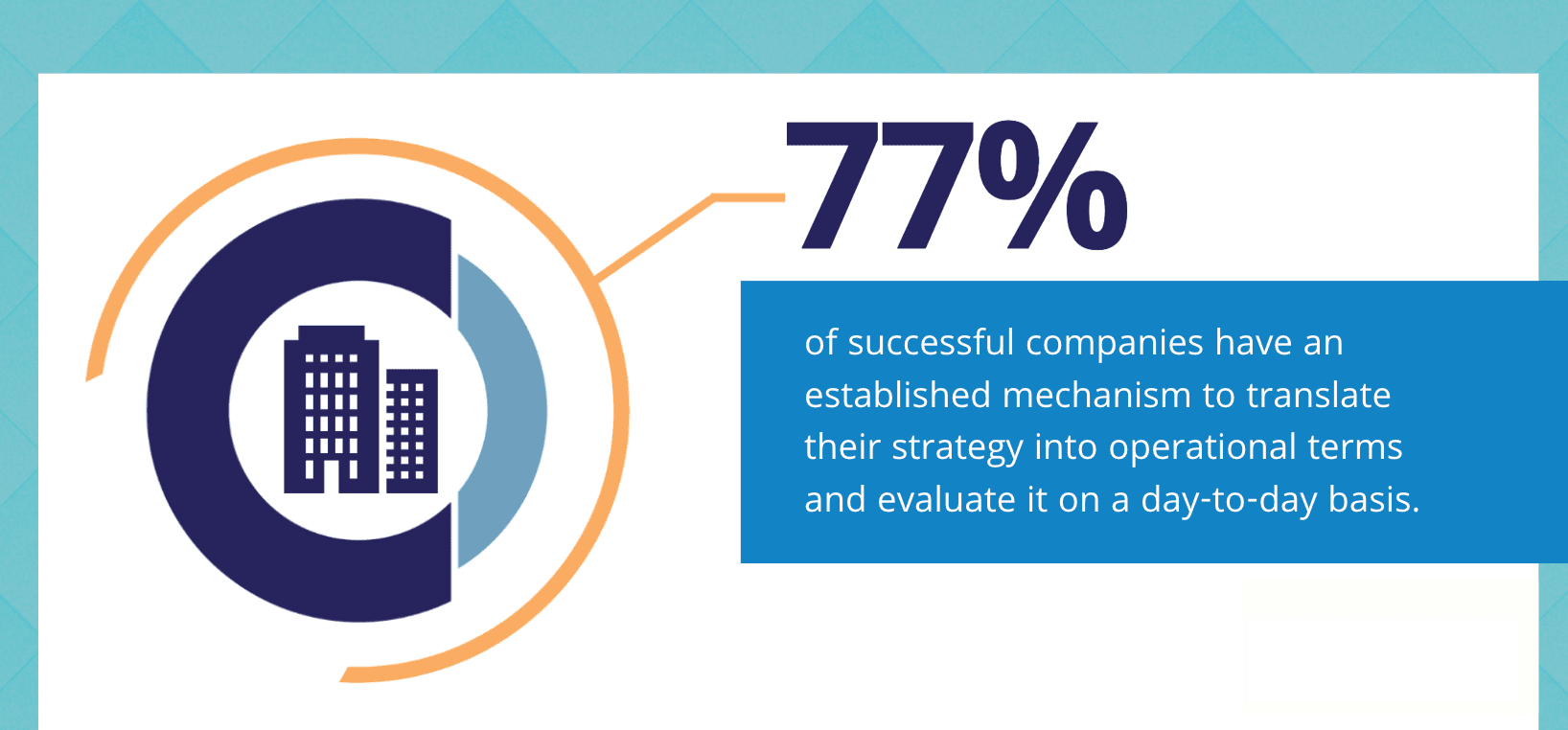

Seasonality and revenue management are critical aspects of the hospitality industry. These aspects shape the success and profits of hotels, resorts, and more. Knowing and managing seasonality involves identifying the patterns and changes in demand that occur across the year due to factors like holidays, weather, events, etc. Do you know what revenue management is? What is the goal of revenue management? Revenue management in hospitality, on the other hand, is the strategic optimization of revenue management pricing, inventory, and channels to maximize revenue during both peak and off-peak seasons.







Monthly occupancy rate of hotels worldwide from 2020 to 2022.
Image credit – Statista
The global hotel occupancy rate was 66% in September 2022. This shows an increase in occupancy over the same month in the previous two years. The low occupancy rate during 2020 was due to the impact of COVID-19.







A long road to tourism industry recovery.
Image credit – World Economic Forum
Only 1% of tourism experts thought a recovery to pre-pandemic levels will happen in 2021. At the same time, 15% believed that the sector will recover in 2022. 43% sided with 2023. 41% felt 2024 or later is possible.
To tackle off-peak seasons, hotel owners like you need to know about seasonality. As a result, you can prevent erratic cash flow, wasteful use of people and resources, and more. In this guide, we will talk about the problems and solutions. We will also provide insights to help hotel owners thrive in this dynamic space, regardless of the time of year. Finding the best revenue management companies for hotels? Click below.
Discover the Best Hotel Management Company in India
Impact of Peak & Off-Peak Season on Revenue Management in Hospitality
We have already discussed the revenue management meaning. Now, there are two distinct seasons often faced by hotels:
1. Peak Season: High demand, better occupancy rates, and high average daily rates (ADR) are all features of peak seasons. These times tend to occur during peak travel times, holidays, festivals, or events.
2. Off-Peak Season: On the other hand, off-peak seasons have low demand, and occupancy rates. And even price cuts to draw visitors during slow times.
Learn About the Best Revenue Management Techniques Used by Our Team
Peak seasons bring with them new revenue. But off-peak seasons are identified by the difficulties they present to revenue management in hospitality.
1. Revenue in Peak Season
Hotels can increase their revenue during busy times by managing yield, pricing, and revenue management strategies. In order to take advantage of high demand, hotel owners can change room rates using historic data, market trends, and booking patterns. Also, by offering extra services and amenities, cross-selling and up-selling strategies can be used to increase revenue.
2. Strategies for Off-Peak Seasons
Hotels face issues during off-peak times since they often incur lower occupancy and low revenue. Smart tactics and revenue management tools can reduce the effect of off-peak times. This consists of
1. Adopting targeted marketing initiatives to draw certain travellers.
2. Presenting unique offers or packages.
3. Working with local brands or event planners.
4. Hosting conferences or events to increase interest during quiet seasons.
Are you unable to find the best revenue management solutions for hotels? How to increase hotel revenue? Click below.
Read About the Revenue Management Examples & Case Studies
10 Proven Ways to Mitigate the Impact of Seasonality on Revenue Management in Hospitality
Why is revenue management in the hospitality industry important? How does seasonality impact it? And how to mitigate that impact? Mitigating the impact of seasonality on revenue management in hospitality is crucial for profits. Here are 10 proven strategies to achieve this. But before that, are you searching for a top revenue management system? Click below.
Request a Demo for the Best Hotel Revenue Management Software
1. Dynamic Pricing for hotels: Implement dynamic pricing models with revenue management in hospitality that adjust room rates in real-time based on demand changes. Use historic data and demand forecast tools to set optimal prices. It ensures that you capture revenue during peak periods without pricing out potential guests during off-peak times. Dynamic pricing is mostly followed by all kinds of hotels.
2. Package Deals & Discounts: Create attractive packages and give special discounts that bundle hotel rooms with additional services or amenities. These packages can entice guests to stay during slow seasons by offering more value for their money. Finding a hotel revenue manager for hire? Read till the end to hire the best team.
3. Flexible Rate Structures: Offer a range of rate options like non-refundable rates for guests willing to commit early. And flexible rates for those who might need to change their plans. This flexibility can help boost occupancy during less popular times.
Explore Top Revenue Management Services to Boost Profits







Direct bookings for hotels
Image credit – https://www.ezeeabsolute.com/
4. Direct Booking: Encourage direct bookings through your website or app by offering exclusive discounts or perks. Managed with the proper revenue management function, it reduces reliance on third-party booking platforms/OTAs and their high fees.
5. Targeted Marketing: Tailor your marketing efforts to specific market segments during different seasons. Create seasonal promotions and ads that resonate with the desires and needs of your target audience. There are many revenue management systems to help you with it.
6. Local Partnerships: Partner with local brands and events to cross-promote. It drives traffic to your property during local festivals, conferences, or special events. Finding the best revenue management software for hotels? Keep reading.
7. Forecast & Data Analytics: Use historic data, market research, and analytics tools to create accurate demand forecasts using revenue management in hospitality. It allows you to anticipate seasonal trends and adjust your revenue management strategy. Leverage data analytics and business intelligence along with a revenue management software to gain insights into booking patterns and market trends. Use this data to make informed decisions on pricing and distribution.
8. Manage your inventory: The revenue management process helps you manage your room inventory by setting restrictions and minimum-stay requirements during high-demand periods. It helps to maximize revenue.







Effective cross-selling and up-selling techniques.
Effective cross-selling and up-selling techniques. Image credit – https://wizzy.ai/
9. Up-selling and Cross-Selling: Train your staff to upsell and cross-sell services and amenities to guests. It increases their overall spend during their stay.
10. Invest in Off-Season Improvements: Use the off-season to renovate or upgrade your property. It ensures that it’s in top condition for the next peak season. And consider hosting special events or promotions to attract guests during slow times.
[Suggested Read: 8 Challenges for Implementing a Revenue Management Strategy]
Now that you know the importance of revenue management, read till the end for the best revenue management experts and revenue opportunities.
Wrapping Up: Boost Low Season Hotel Occupancy with Revenue Management in Hospitality
There are immense revenue management benefits for the hotel sector. You must also distinguish yourself from rivals while marketing to low season travellers. Similar to other sectors, revenue management in hospitality has its own strengths and weaknesses. So, start with the methods that are most relevant to your needs before moving on to the others. There’s no need to rush into putting the advice we’ve provided here into practice.
But, if used consistently, we’re confident that this will boost your traffic across the off-season and help your hotel in the long run. Lack the technical expertise? Looking for the best revenue management company in India? Revnomix offers simple revenue management solutions to hotels to process data, make informed decisions and grow profits. We use the latest tech and customer service for our clients. Our clients include Hilton, Ramada, Hyatt, and more. Revenue management consulting required? Contact us today!
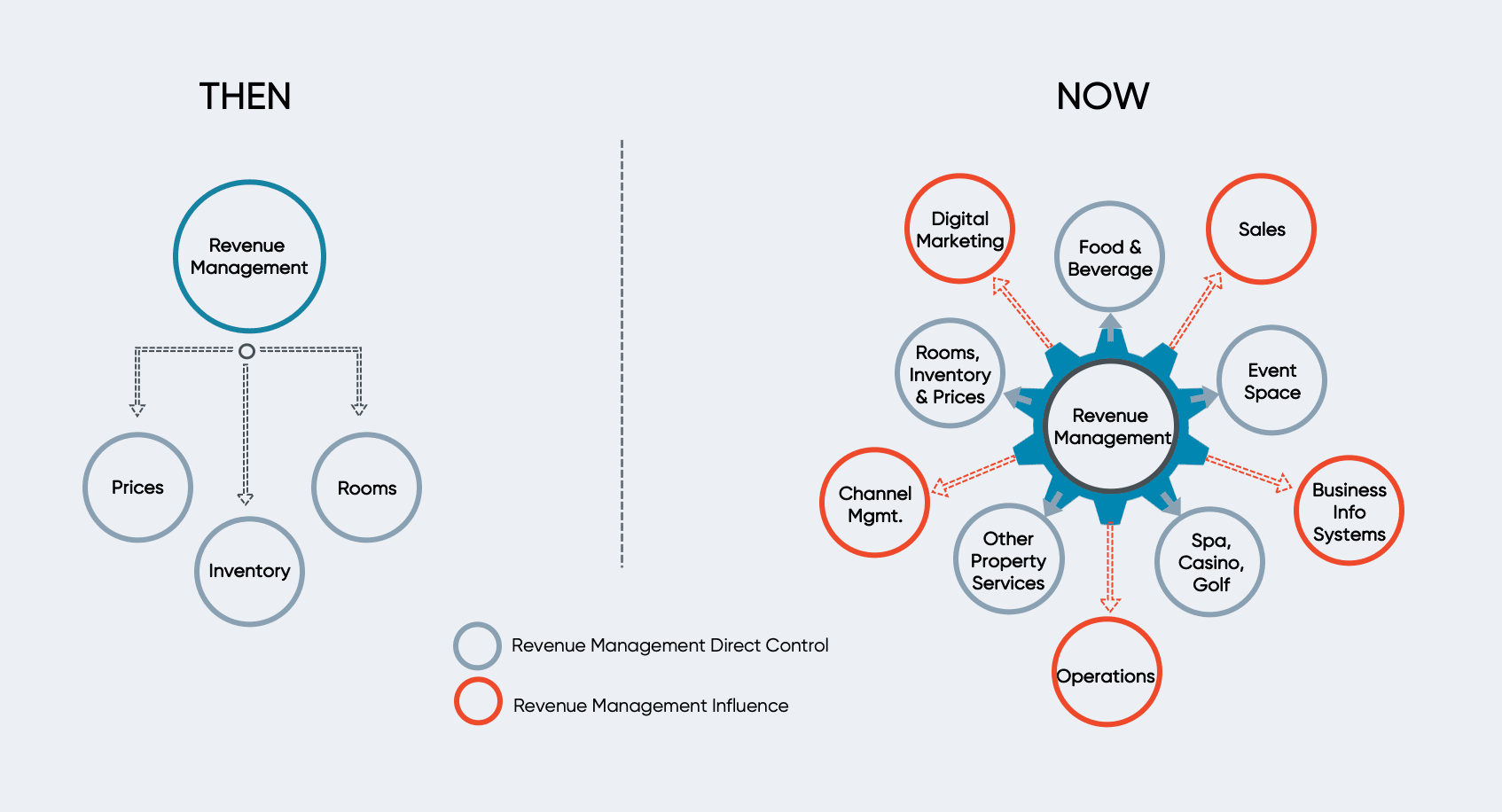

Seasonality and revenue management are critical aspects of the hospitality industry. These aspects shape the success and profits of hotels, resorts, and more. Knowing and managing seasonality involves identifying the patterns and changes in demand that occur across the year due to factors like holidays, weather, events, etc. Do you know what revenue management is? What is the goal of revenue management? Revenue management in hospitality, on the other hand, is the strategic optimization of revenue management pricing, inventory, and channels to maximize revenue during both peak and off-peak seasons.







Monthly occupancy rate of hotels worldwide from 2020 to 2022.
Image credit – Statista
The global hotel occupancy rate was 66% in September 2022. This shows an increase in occupancy over the same month in the previous two years. The low occupancy rate during 2020 was due to the impact of COVID-19.







A long road to tourism industry recovery.
Image credit – World Economic Forum
Only 1% of tourism experts thought a recovery to pre-pandemic levels will happen in 2021. At the same time, 15% believed that the sector will recover in 2022. 43% sided with 2023. 41% felt 2024 or later is possible.
To tackle off-peak seasons, hotel owners like you need to know about seasonality. As a result, you can prevent erratic cash flow, wasteful use of people and resources, and more. In this guide, we will talk about the problems and solutions. We will also provide insights to help hotel owners thrive in this dynamic space, regardless of the time of year. Finding the best revenue management companies for hotels? Click below.
Discover the Best Hotel Management Company in India
Impact of Peak & Off-Peak Season on Revenue Management in Hospitality
We have already discussed the revenue management meaning. Now, there are two distinct seasons often faced by hotels:
1. Peak Season: High demand, better occupancy rates, and high average daily rates (ADR) are all features of peak seasons. These times tend to occur during peak travel times, holidays, festivals, or events.
2. Off-Peak Season: On the other hand, off-peak seasons have low demand, and occupancy rates. And even price cuts to draw visitors during slow times.
Learn About the Best Revenue Management Techniques Used by Our Team
Peak seasons bring with them new revenue. But off-peak seasons are identified by the difficulties they present to revenue management in hospitality.
1. Revenue in Peak Season
Hotels can increase their revenue during busy times by managing yield, pricing, and revenue management strategies. In order to take advantage of high demand, hotel owners can change room rates using historic data, market trends, and booking patterns. Also, by offering extra services and amenities, cross-selling and up-selling strategies can be used to increase revenue.
2. Strategies for Off-Peak Seasons
Hotels face issues during off-peak times since they often incur lower occupancy and low revenue. Smart tactics and revenue management tools can reduce the effect of off-peak times. This consists of
1. Adopting targeted marketing initiatives to draw certain travellers.
2. Presenting unique offers or packages.
3. Working with local brands or event planners.
4. Hosting conferences or events to increase interest during quiet seasons.
Are you unable to find the best revenue management solutions for hotels? How to increase hotel revenue? Click below.
Read About the Revenue Management Examples & Case Studies
10 Proven Ways to Mitigate the Impact of Seasonality on Revenue Management in Hospitality
Why is revenue management in the hospitality industry important? How does seasonality impact it? And how to mitigate that impact? Mitigating the impact of seasonality on revenue management in hospitality is crucial for profits. Here are 10 proven strategies to achieve this. But before that, are you searching for a top revenue management system? Click below.
Request a Demo for the Best Hotel Revenue Management Software
1. Dynamic Pricing for hotels: Implement dynamic pricing models with revenue management in hospitality that adjust room rates in real-time based on demand changes. Use historic data and demand forecast tools to set optimal prices. It ensures that you capture revenue during peak periods without pricing out potential guests during off-peak times. Dynamic pricing is mostly followed by all kinds of hotels.
2. Package Deals & Discounts: Create attractive packages and give special discounts that bundle hotel rooms with additional services or amenities. These packages can entice guests to stay during slow seasons by offering more value for their money. Finding a hotel revenue manager for hire? Read till the end to hire the best team.
3. Flexible Rate Structures: Offer a range of rate options like non-refundable rates for guests willing to commit early. And flexible rates for those who might need to change their plans. This flexibility can help boost occupancy during less popular times.
Explore Top Revenue Management Services to Boost Profits







Direct bookings for hotels
Image credit – https://www.ezeeabsolute.com/
4. Direct Booking: Encourage direct bookings through your website or app by offering exclusive discounts or perks. Managed with the proper revenue management function, it reduces reliance on third-party booking platforms/OTAs and their high fees.
5. Targeted Marketing: Tailor your marketing efforts to specific market segments during different seasons. Create seasonal promotions and ads that resonate with the desires and needs of your target audience. There are many revenue management systems to help you with it.
6. Local Partnerships: Partner with local brands and events to cross-promote. It drives traffic to your property during local festivals, conferences, or special events. Finding the best revenue management software for hotels? Keep reading.
7. Forecast & Data Analytics: Use historic data, market research, and analytics tools to create accurate demand forecasts using revenue management in hospitality. It allows you to anticipate seasonal trends and adjust your revenue management strategy. Leverage data analytics and business intelligence along with a revenue management software to gain insights into booking patterns and market trends. Use this data to make informed decisions on pricing and distribution.
8. Manage your inventory: The revenue management process helps you manage your room inventory by setting restrictions and minimum-stay requirements during high-demand periods. It helps to maximize revenue.







Effective cross-selling and up-selling techniques.
Effective cross-selling and up-selling techniques. Image credit – https://wizzy.ai/
9. Up-selling and Cross-Selling: Train your staff to upsell and cross-sell services and amenities to guests. It increases their overall spend during their stay.
10. Invest in Off-Season Improvements: Use the off-season to renovate or upgrade your property. It ensures that it’s in top condition for the next peak season. And consider hosting special events or promotions to attract guests during slow times.
[Suggested Read: 8 Challenges for Implementing a Revenue Management Strategy]
Now that you know the importance of revenue management, read till the end for the best revenue management experts and revenue opportunities.
Wrapping Up: Boost Low Season Hotel Occupancy with Revenue Management in Hospitality
There are immense revenue management benefits for the hotel sector. You must also distinguish yourself from rivals while marketing to low season travellers. Similar to other sectors, revenue management in hospitality has its own strengths and weaknesses. So, start with the methods that are most relevant to your needs before moving on to the others. There’s no need to rush into putting the advice we’ve provided here into practice.
But, if used consistently, we’re confident that this will boost your traffic across the off-season and help your hotel in the long run. Lack the technical expertise? Looking for the best revenue management company in India? Revnomix offers simple revenue management solutions to hotels to process data, make informed decisions and grow profits. We use the latest tech and customer service for our clients. Our clients include Hilton, Ramada, Hyatt, and more. Revenue management consulting required? Contact us today!